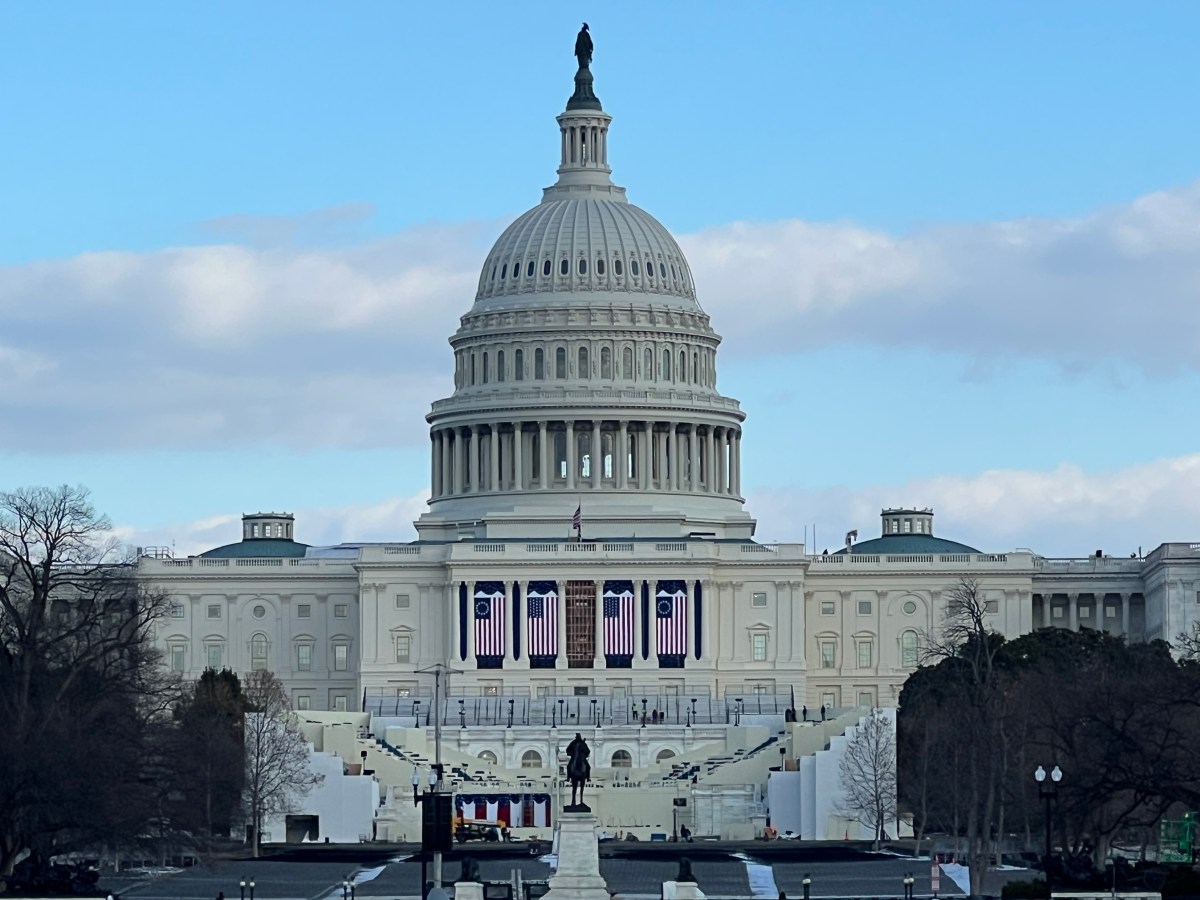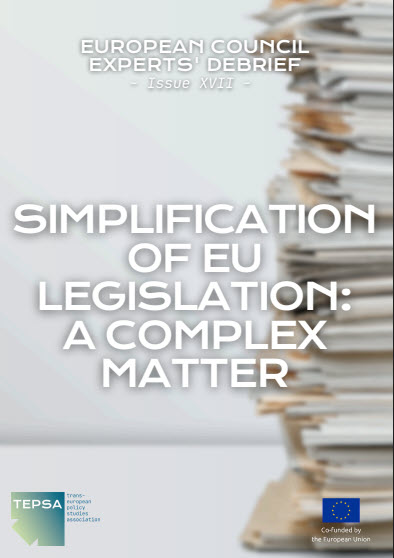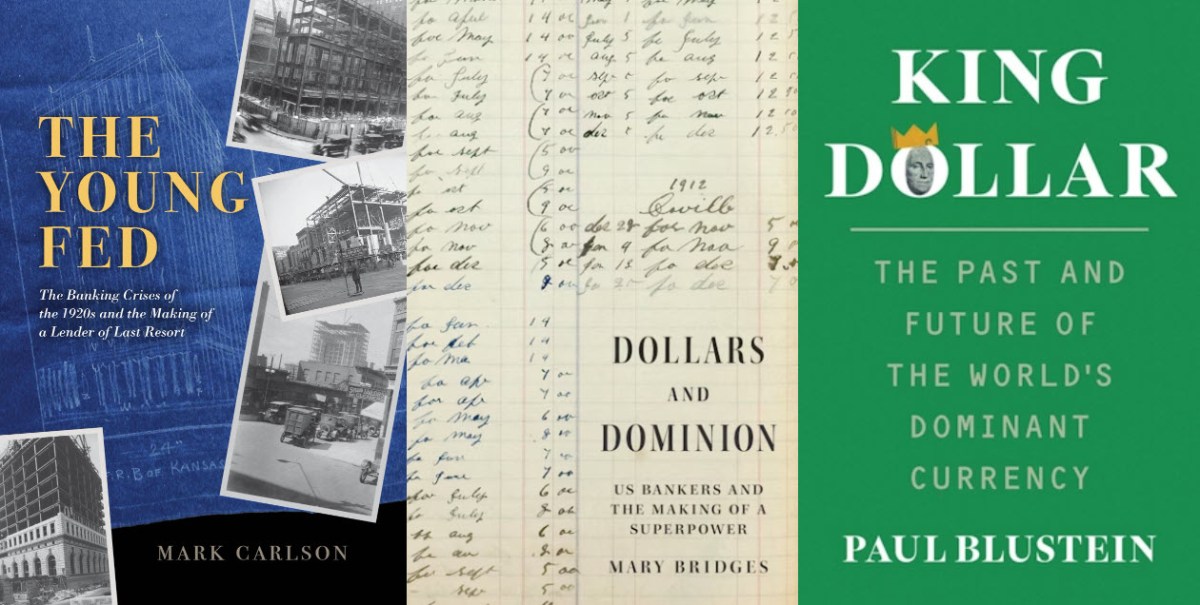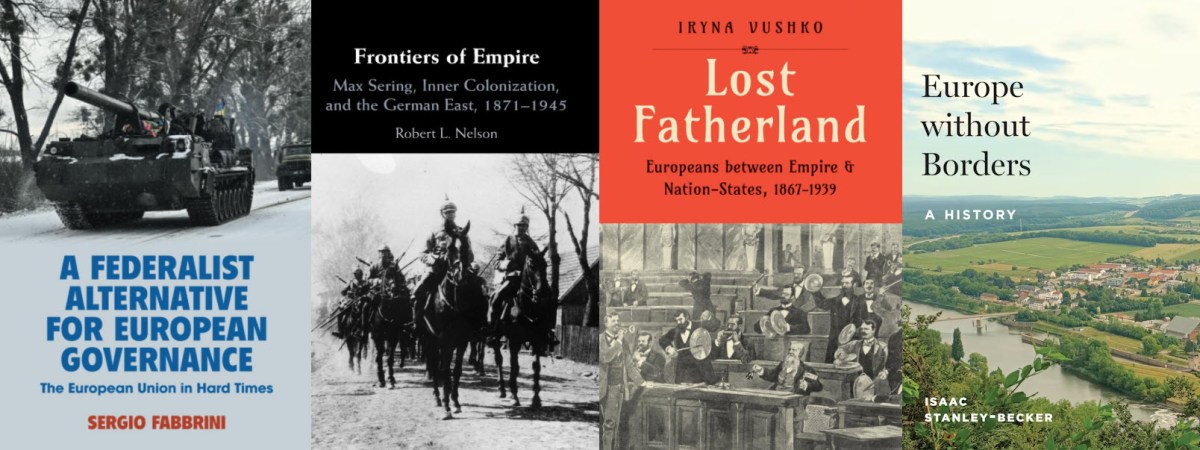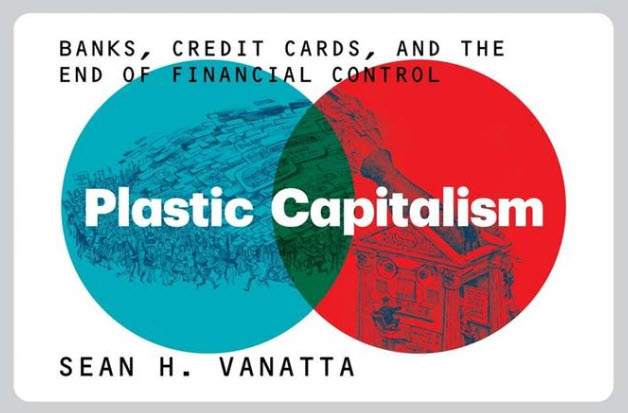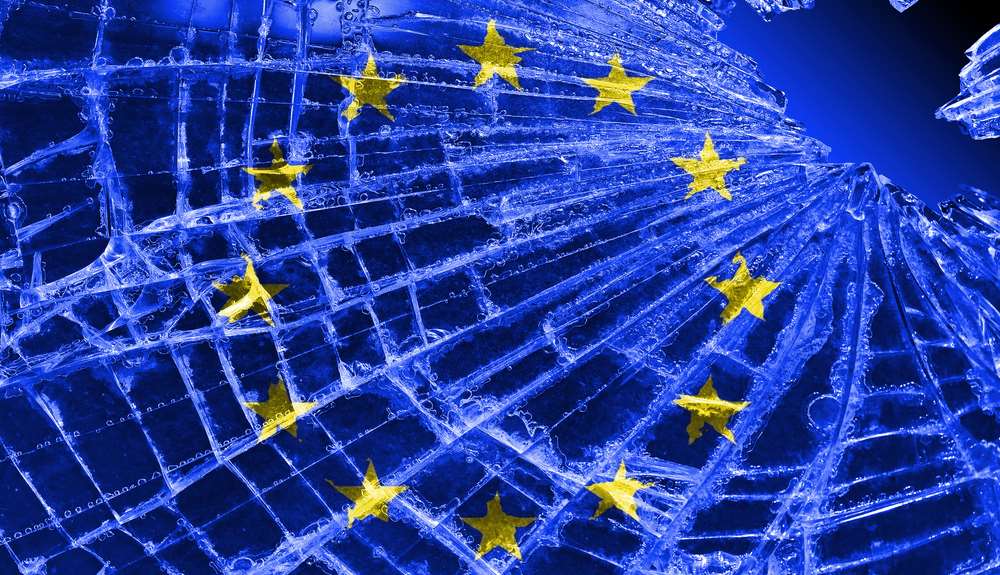When Donald J. Trump came back into power, his team brought along a 900+ page programme for dismantling the institutions of government. There is a certain irony to that. Trump’s team clearly hates ‘bureaucracy’, but you need a lot of staff and a substantial organizational structure to produce a 900+ page edited volume. The irony only deepens when you realize how much time the people who contributed to that volume have thought about both the institutions of government and the institutions created to help people think about the institutions of government.
Continue reading →